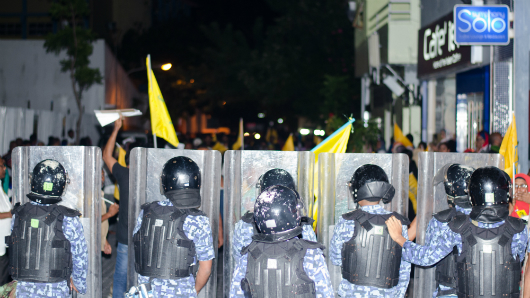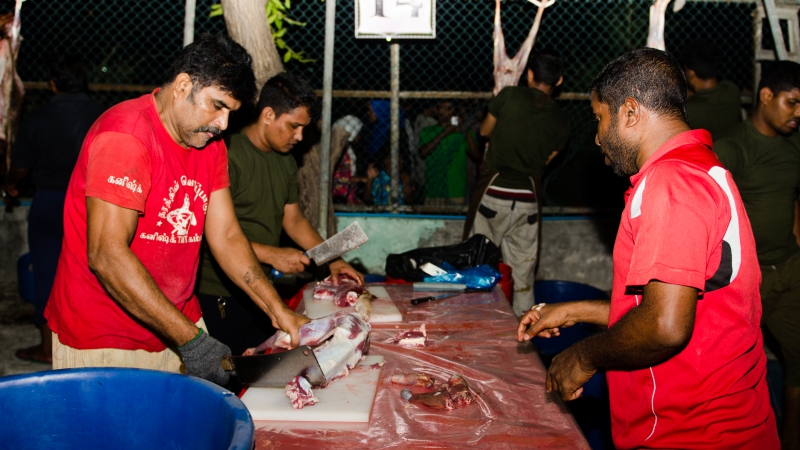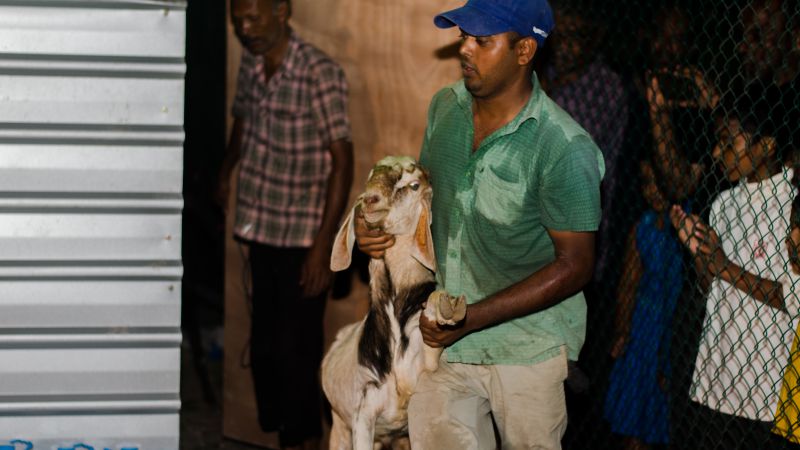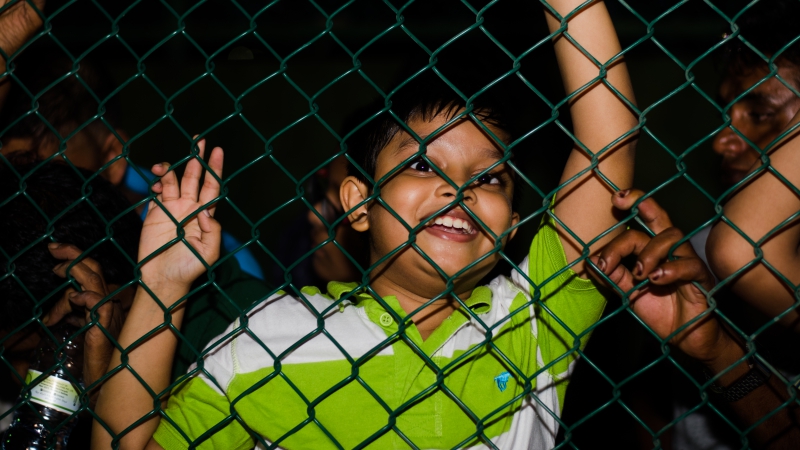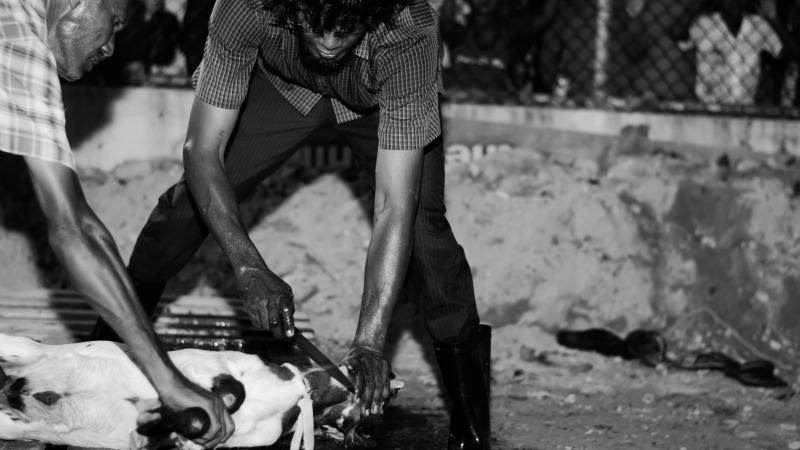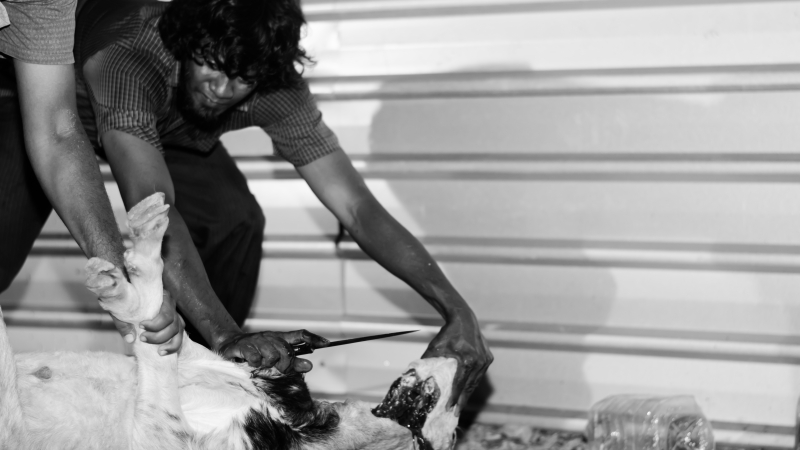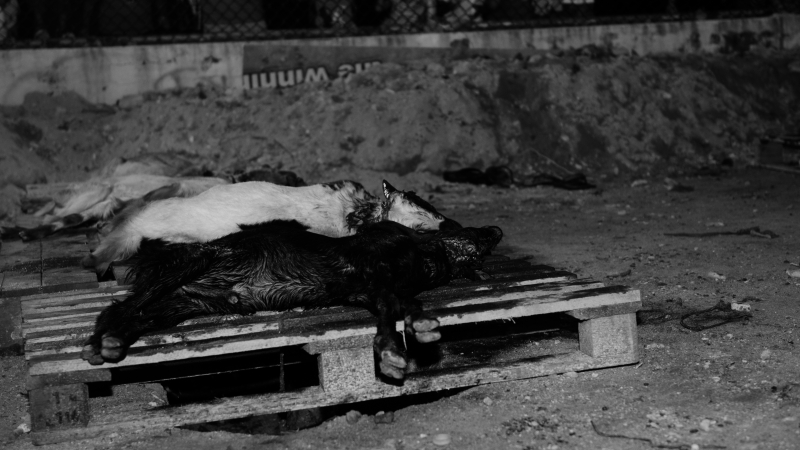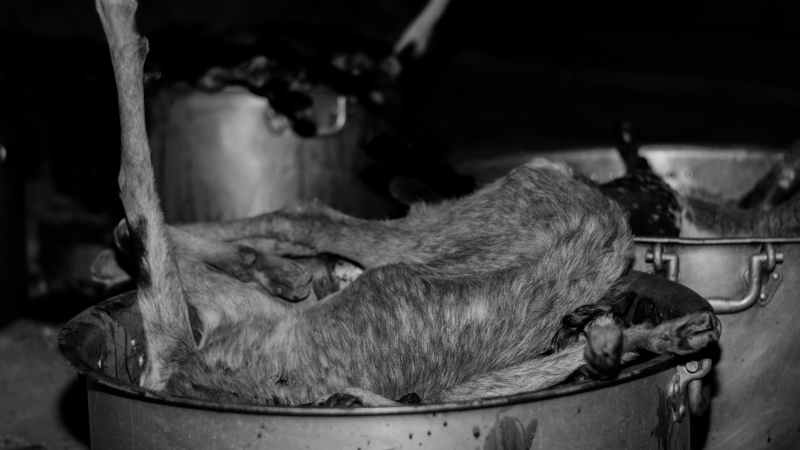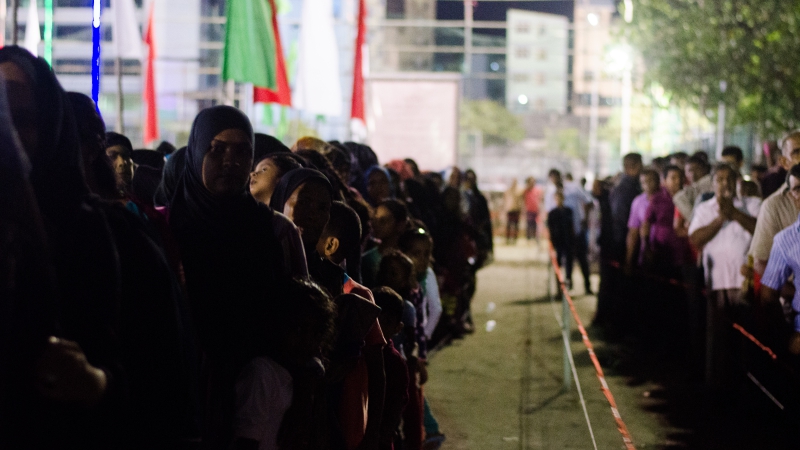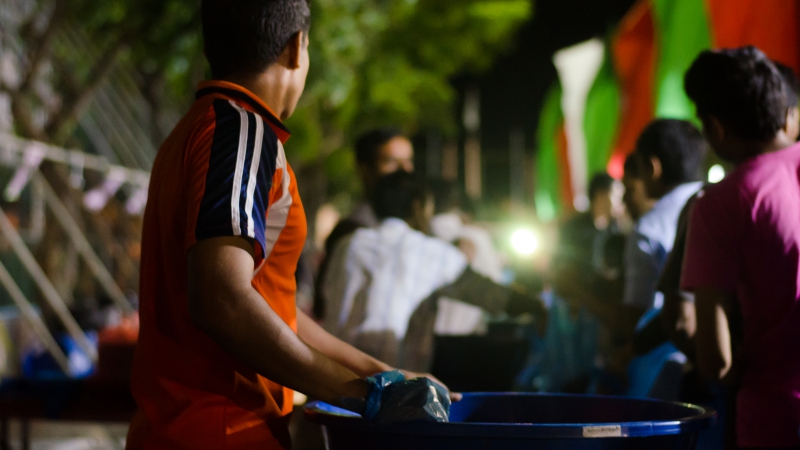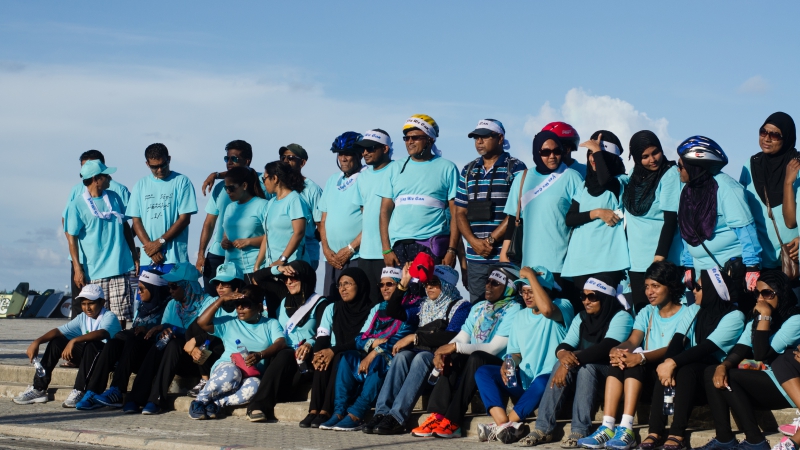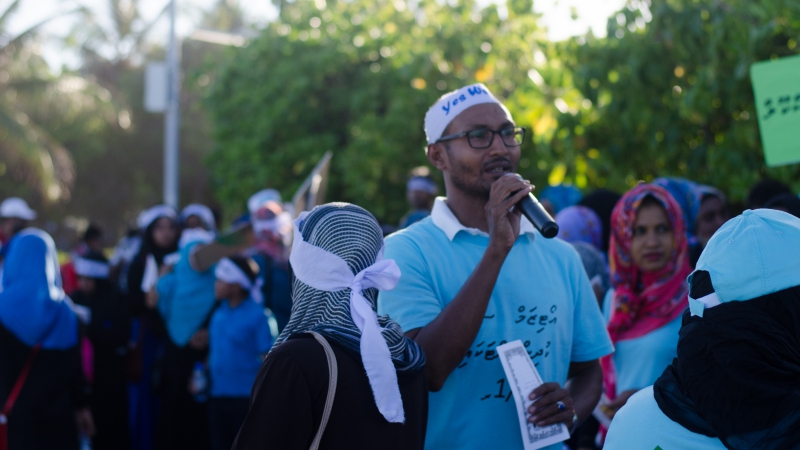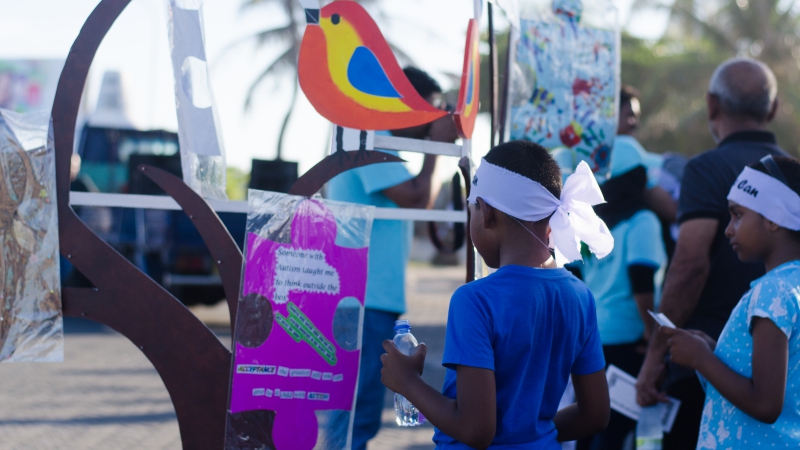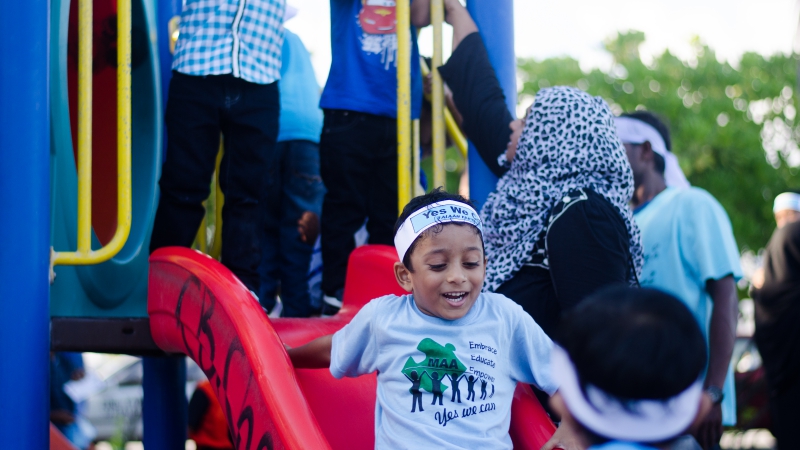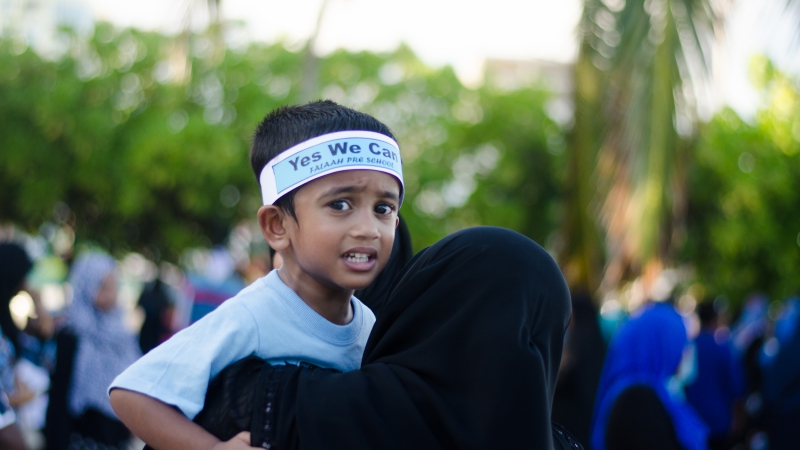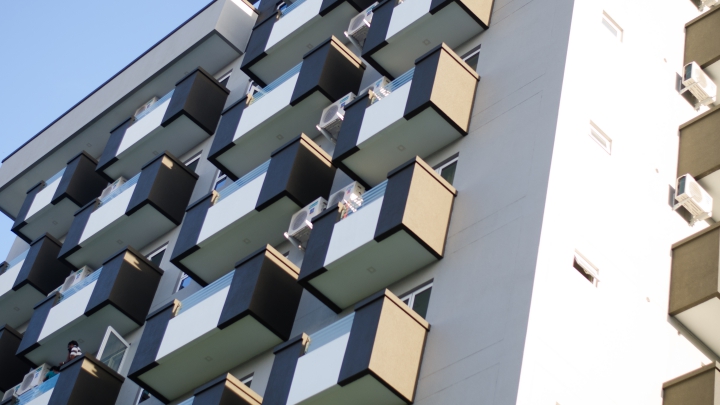A 28-year-old man arrested for disrupting an opposition protest last week will be released tomorrow, sparking outrage among opposition supporters.
Mohamed Nasheed Abdulla, an activist for the ruling Progressive Party of the Maldives, was arrested after protesters accused him of charging into a crowd of demonstrators on a motorcycle on April 1 in Malé. He did not cause serious injuries.
The next day the Criminal Court transferred him to house arrest for five days, which is set to expire today.
A spokesperson for the main opposition Maldivian Democratic Party, Imthiyaz Fahmy, condemned the criminal court’s “double standards”, noting that opposition supporters arrested at protests were frequently detained for ten to 15 days in police custody.
Unlike Abdulla, the opposition supporters are also being released on condition they stay away from protests for a set period of time.
“These people who attack us, they are the dangerous people, not elected MPs,” said Fahmy, in reference to a court’s Friday decision to hold independent MP Ahmed Mahloof in police custody for an extra 15 days.
Mahloof has been held without charge since he was first arrested from a protest on March 25.
Fahmy also accused the police of failing to take action against individuals who he says continue to attack opposition protesters and vandalise speaker systems and trucks used in protests.
Several individuals the opposition say are gangsters have been caught on camera assaulting protesters and journalists and dousing protesters with crude oil and petrol. Some protesters say they have also been threatened with knives.
The police say they have arrested several people, but that only the court has the authority to detain suspects for longer.
Meanwhile, the release of protesters on condition they stay away from demonstrations for a set period has met with criticism from legal experts and the prosecutor general.
“Releasing a person suspected of a crime with conditions other than ensuring the person’s return to the court maybe unconstitutional,” the prosecutor general wrote in a letter to the chief judge of the criminal court.
